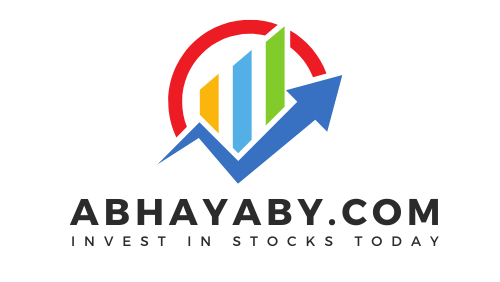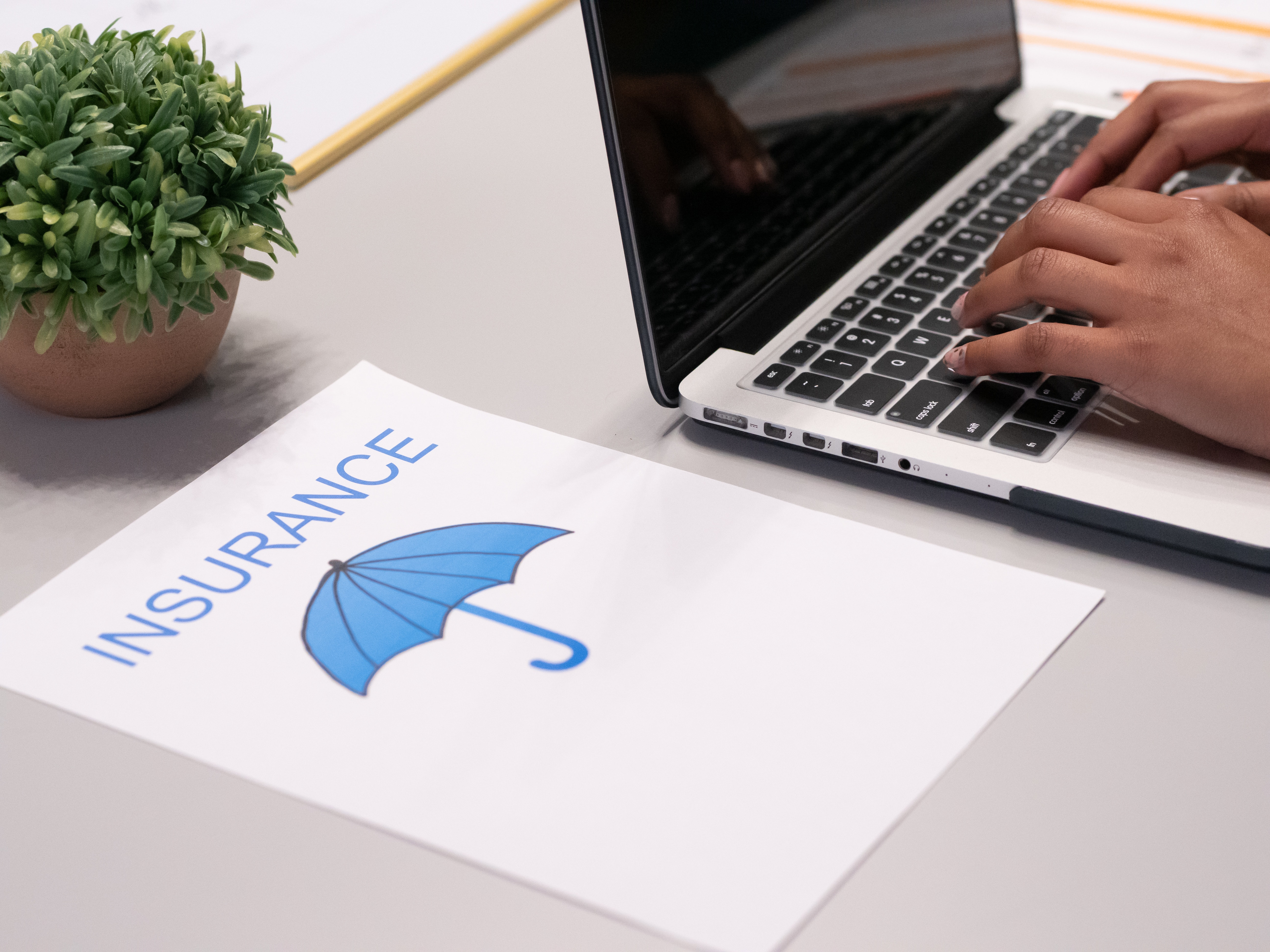Insurance for Home-Based Businesses: Covering Your Ventures
The rise of home-based businesses has been a defining trend of the digital age. Whether you’re running an e-commerce store, offering freelance services, or pursuing your passion project, operating from home offers convenience and flexibility. However, what many entrepreneurs overlook is the importance of insurance for their home-based businesses. In this article, we’ll explore the various insurance options available to protect your home-based venture and provide peace of mind.
Why Insurance Matters for Home-Based Businesses
Before delving into the specific types of insurance, let’s understand why insurance is essential for home-based businesses:
- Asset Protection: Your business assets, such as equipment, inventory, and intellectual property, need safeguarding. Insurance can help you recover their value in case of damage, theft, or loss.
- Liability Coverage: In the event that you or your products/services cause harm to someone or their property, liability insurance can protect you from legal and financial repercussions.
- Business Continuity: Unexpected events like natural disasters, accidents, or illnesses can disrupt your business operations. Insurance can help you recover and keep your business afloat during challenging times.
- Professional Credibility: Having insurance can enhance your professional image and instill confidence in clients and customers. It demonstrates your commitment to protecting their interests.
Types of Insurance for Home-Based Businesses
Now, let’s explore the various types of insurance coverage that can benefit home-based entrepreneurs:
1. Homeowner’s Insurance Endorsement
Most homeowner’s insurance policies have limited or no coverage for home-based business equipment, inventory, and liability. To bridge this gap, you can add a home-based business endorsement or rider to your homeowner’s insurance. This endorsement extends coverage to your business assets and may provide limited liability coverage for clients and customers visiting your home.
2. Business Owner’s Policy (BOP)
A Business Owner’s Policy is a comprehensive insurance package designed for small businesses, including home-based ones. It typically combines several types of coverage:
- Property Insurance: Protects your business assets, such as computers, office furniture, and inventory, from damage or theft.
- Liability Insurance: Covers costs associated with third-party bodily injury, property damage, or personal injury claims, including legal fees and settlements.
- Business Interruption Insurance: Reimburses you for lost income and necessary expenses if your business operations are disrupted due to covered perils like fire, theft, or natural disasters.
BOPs are cost-effective because they bundle essential coverages together.
3. General Liability Insurance
General liability insurance is crucial for any business, including home-based ones. It provides coverage for:
- Third-Party Bodily Injury: If a client, customer, or visitor is injured on your premises or due to your business activities, this insurance can cover medical expenses and legal costs.
- Property Damage: If your business activities cause damage to someone else’s property, this insurance can cover repair or replacement costs.
- Advertising Injury: Protection against claims of slander, libel, copyright infringement, or false advertising related to your business’s marketing and promotional activities.
4. Professional Liability Insurance (Errors and Omissions Insurance)
If your home-based business involves providing professional services or advice, such as consulting, coaching, or design services, professional liability insurance is essential. It covers claims of negligence, mistakes, or failure to deliver the promised services, protecting you from legal actions and potential financial losses.
5. Commercial Auto Insurance
If your home-based business involves using a vehicle for business purposes, your personal auto insurance may not cover accidents or damages that occur while conducting business. Commercial auto insurance is necessary to protect your vehicle, assets, and liability in such cases.
6. Cyber Liability Insurance
As cyber threats continue to evolve, businesses are increasingly vulnerable to data breaches and cyberattacks. If your home-based business handles sensitive customer information, consider cyber liability insurance. It can cover the costs of data recovery, legal fees, and notification expenses in case of a breach.
7. Workers’ Compensation Insurance (if you have employees)
If your home-based business has employees, even part-time or temporary ones, you may need workers’ compensation insurance. This coverage provides medical benefits and wage replacement to employees who are injured on the job and protects your business from potential lawsuits related to workplace injuries.
8. Health and Disability Insurance
As a self-employed home-based entrepreneur, you’ll also need to consider your personal health and disability insurance. Health insurance covers medical expenses, while disability insurance provides income protection in case you’re unable to work due to illness or injury.
9. Home Office Insurance
In some cases, a standard homeowner’s insurance endorsement may not be sufficient to cover your home office equipment, especially if it includes expensive technology or specialized machinery. Home office insurance can provide additional protection for your workspace.
Tips for Choosing the Right Insurance for Your Home-Based Business
- Assess Your Risks: Identify the specific risks your home-based business faces. This will help you determine which types of insurance are most important.
- Consult an Insurance Professional: An insurance agent or broker experienced in small business insurance can help you navigate the complexities of coverage and find the best options for your needs.
- Review and Update: Periodically review your insurance coverage to ensure it remains adequate as your business grows and changes.
- Bundle Policies: Consider bundling insurance policies like a BOP, as this can often result in cost savings.
- Compare Quotes: Don’t settle for the first quote you receive. Shop around to find the best coverage at a competitive price.
- Read the Fine Print: Carefully review policy terms, conditions, and exclusions to understand what is and isn’t covered.
In conclusion, insurance is a critical aspect of protecting your home-based business. While it may seem like an additional expense, it’s a wise investment that provides financial security, peace of mind, and the confidence to focus on growing your business without worrying about unexpected setbacks. Make insurance a priority in your business planning, and you’ll be better prepared to face the challenges and opportunities that come your way.



